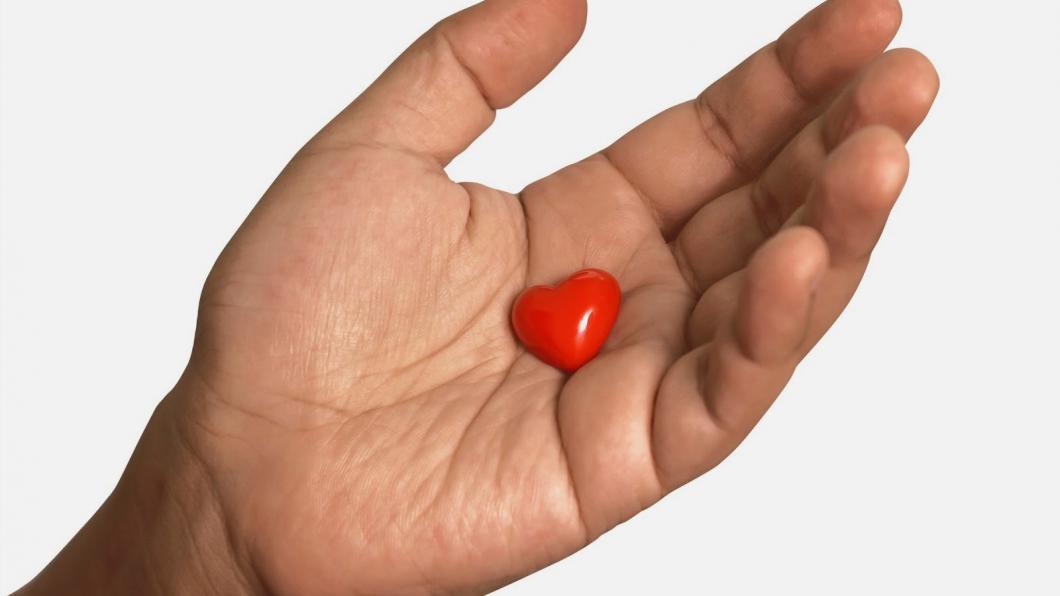
'In the absence of care, medicine is dehumanizing'
By Louise Kinross
Medicine is made up of two things: treatment and care.
But patients and clinicians alike are suffering from a devaluing of care in the health system, says Kristen Slesar, a psychotherapist who works with trauma survivors. Slesar, who supports child witnesses at the Bronx District Attorney's Office, was speaking at a three-day narrative medicine workshop at Columbia University in New York.
“Treatment is the science side—the technology, the medication, the hospital bed,” said Slesar. “Medical competence has become about how many machines and tests and things we can apply. Patients need treatment. But what happens when treatment fails or the patient dies? What happens when there is no treatment?”
The other side of medicine is caregiving—“the efforts to make someone feel physically comfortable or emotionally accepting of pain or imminent death,” Slesar said. “Care is about the inbetween moments—it's about how treatment is delivered."
The best care happens when a clinician attends to and honours the patient's story in a way that makes the person feel understood. “Suffering is not a neutral experience,” Slesar said. “There's nothing neutral about life-changing illness or injury or the shame, stigma, fear, hope, doubt and dread that go with it. Interventions [by clinicians] are either positive or negative. If the encounter doesn't add to healing, it's hurtful. In the absence of care, medicine is dehumanizing.”
Patients are consistently unhappy, Slesar said, not with the results of their medical treatment, but with the experience of receiving treatment without care.
Care—which demands authenticity and vulnerability on the part of the clinician—is given short shrift in our medical system, Slesar said. “Offering care is equated with consumption of time and providers are forced to see more patients than is fairly and equitably justifiable. When the quality of interaction with patients is seen as a function of time spent, and there is no time, good medicine isn't consistently offered.”
In addition, caring for patients is construed as “crossing into 'emotion land'—as unprofessional and subjective, as if by being authentic and compassionate we compromise our smarts and whatever we learned in medical school [flies] out the window. We deny that we are real people who are just as permeable as our patients.”
Doctors are encouraged to stay emotionally detached as a way of protecting their mental health, Slesar said.
Yet burnout in doctors is a widespread problem and doctors are more than twice as likely to kill themselves as non-physicians.
“Burnout causes mistakes and is incredibly common and is something people don't want to talk about,” said Slesar. “Burnout is a major cause of poor healthcare delivery. It's the cause and symptom of significant damage and suffering, not just in patients but in [clinicians].”
Not only are sterile medical interactions bad medicine for patients, but they hurt physicians, Slesar said. “Physician satisfaction comes from relationships with patients.”
But to have rich relationships with patients, doctors need to be able to think and talk about their own emotional reactions to working with people who are suffering.
Just as patients need a clinician to witness and help them find meaning in their experience, “we need to acknowledge who we are and what we do as providers. We need to be able to voice these doubts and fears: the sadness of the first death certificate, the embarrassment of not knowing an answer on rounds. We're loathe to talking about our fears and mistakes. We can't sit with uncertainty or fallibility.”
Writing groups for clinicians are a forum for “giving and receiving testimony, which isn't about the facts, but about the experience and the emotion” of practising medicine. “It's that we do it together,” Slesar said. “One person reaches out for a way to express and the other reaches towards to bring it in and let the person know they are not alone.”
In narrative medicine, participants read and discuss a passage from literature, then respond to a writing prompt, writing for three to five minutes. Those who are comfortable read their pieces aloud. “We hold pieces of writing out in front of us in this loving, benign ritual,” Slesar said. “We don't focus on the quality of the writing. We write about ourselves, and even if the question is about our practice, the writing is self-revealing and self-creating. We see things differently and we see different things.”
Unfortunately, efforts to 'care for the caregiver' like this are often pathologized, Slesar said. “You're accused of being weak. Or maybe you're not cut out for the job. And when you do take time to take care of yourself you feel you're being indulgent. Self-care may even be construed as immoral.”
Given the high rates of physician burnout and suicide, “nothing is more needed than nourishment for the imagination,” Slesar said. “What quality of clinician do you want to be? How can we go from the current state of affairs to something better?”
Medicine done well is a “co-construction between patient and provider, a giving and receiving. The patient ceases to be an injury or illness and becomes a person because we are a person. There is an openness to suffering by both participants.”